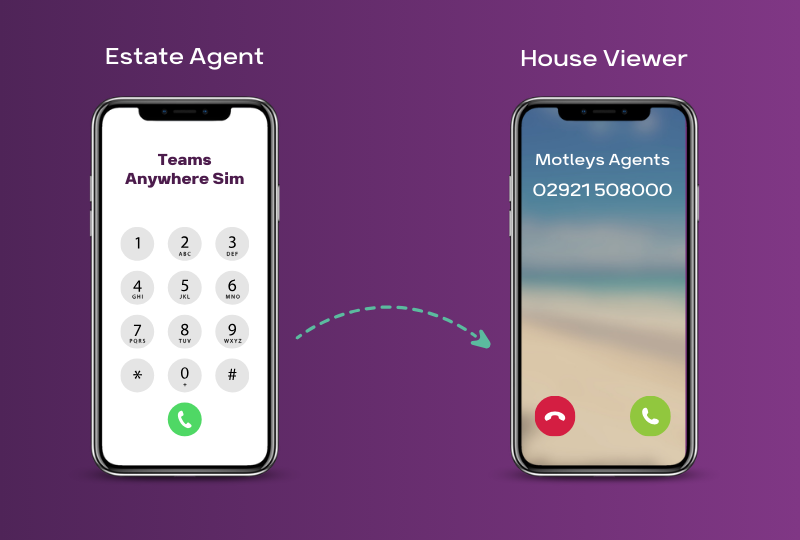
The Benefits Of Outsourcing Your Business Cyber Security
The Benefits Of Outsourcing Your Business Cyber Security
In the current digital environment, cyber security is more important than ever for companies looking to protect their data, systems and customers. As cyber threats grow in scale and sophistication, many businesses are considering outsourcing some or all of their cyber security needs to dedicated providers. What are the potential benefits of outsourcing cyber security for your business. In this article, we will examine why it’s helpful to partner with an experienced cyber security firm to enhance your protection.
Can You Outsource Cyber Security?

Yes, there are a range of cyber security tasks and functions that businesses can effectively outsource to specialised information security companies. The potential services you can outsource include:
- 24/7 network and infrastructure monitoring to identify potential intrusions or anomalies.
- Managing firewalls and VPNs to control access and secure connections.
- Vulnerability scanning and penetration testing to find system weaknesses before criminals do.
- Ongoing patch management and system hardening to close security gaps.
- Email and data encryption to protect sensitive information.
- DDoS mitigation to filter malicious traffic bombarding servers/sites.
- Security information and event management (SIEM) for real-time threat detection and response.
- User training on cyber risks and best practices for security awareness.
- Incident response planning and execution in case of a successful attack.
- Regular risk assessments, audits and compliance checks.
Outsourcing these critical security capabilities to dedicated providers allows companies to benefit from greater expertise and resources focused on protecting the organisation from cyber threats. Further reading: A Guide To The Importance Of Cyber Security In Business
The Benefits Of Outsourcing Business Cyber Security Tasks

There are a number of compelling reasons why outsourcing cyber security can make strategic sense for businesses today:
Access Top-Tier Expertise And Experience
Cyber security firms employ dedicated teams of certified IT professionals with deep specialisations in fields like ethical hacking, threat intelligence, DDoS mitigation, access management and more. Their staff gain exposure to emerging attack methods and the latest defensive tools and techniques. Tapping into these skills can give businesses an expertise edge.
24/7 Monitoring And Incident Response
In-house IT teams are limited to business hours and lack overnight and weekend security oversight. Outsourcers provide around-the-clock monitoring to identify threats and prompt incident response regardless of the hour or day.
Advanced Security Infrastructure
Outsourcing providers leverage powerful security infrastructure like SIEM platforms, sandboxing, next-gen firewalls, threat intelligence feeds and more. Far beyond what most companies can own and manage internally.
Focus Internal Resources On Core Operations
Outsourcing cyber security helps free up in-house IT staff to focus their skills, time and attention on business-driving initiatives rather than security upkeep.
Predictable Costs
Monthly fees to outsourced security partners create predictable operating costs year-over-year rather than fluctuating capital investments and staffing overhead.
Flexible Scaling
Cyber security outsourcing allows quick scaling up or down of protection to match the evolving needs of the business. Internal headcounts are far less flexible.
Reduced Recruiting And Training Burdens
Attracting and retaining top cyber security professionals is hugely challenging for companies. Outsourcers remove much of this HR burden.
Stay Ahead Of Compliance Mandates
Knowledgeable partners ensure cyber security practices adhere to important regulatory and compliance standards like PCI DSS, HIPAA, GDPR and more.
The Case For A Hybrid Model

While the benefits of outsourcing cybersecurity are compelling, the best approach for most companies is likely a hybrid model. This involves outsourcing key security capabilities as noted above but keeping some critical in-house security staff to manage the relationships, strategy, and oversight. There are several reasons a hybrid in-house/outsourced security model provides the best of both worlds:
- Retaining in-house security leadership and staff ensures alignment with company culture, policies, and risk tolerance. They interface closely with the business units.
- In-house security sets the overall cybersecurity roadmap and strategy rather than fully relying on an external provider's vision.
- Internal security staff manage the relationships, contracts, and performance of outsourced vendors.
- Certain highly proprietary tasks like penetration testing of critical corporate systems may be best kept in-house.
- Having some on-site security personnel enables quicker response time for some incident containment and investigation activities.
- In-house security staff get the opportunity to learn from the additional expertise and tools of partner firms.
- An internal team can assess when to evolve the balance of outsourced vs insourced security over time.
The hybrid model provides advantages like cost savings, flexibility, and reduced recruiting burdens through outsourcing while retaining in-house oversight and strategic ownership of cybersecurity operations. The exact mix of outsourced vs. insourced security will differ depending on the company's specific risk profile, resources, and needs. You may also like: The Best Practices For Business Cyber Security
Our Final Word
Cyber threats only continue to increase, making robust security non-negotiable for companies striving to protect their customers, data assets and reputations. While maintaining some in-house security staff is vital, partnering with dedicated outsourced security providers has clear strategic benefits. Tapping into greater expertise, advanced tools and 24/7 threat monitoring are some of the compelling reasons to consider security outsourcing. Implementing a hybrid model offers the right balance for most firms. As cyber risks accelerate, investigating and leveraging outsourced security partners is growing ever more important. If you’d like to talk about cyber security for your business, get in touch.






.jpg)



























.avif)




%20(1).avif)
.avif)
.avif)
.avif)








.avif)
.avif)
%20(1).avif)
.avif)
.avif)